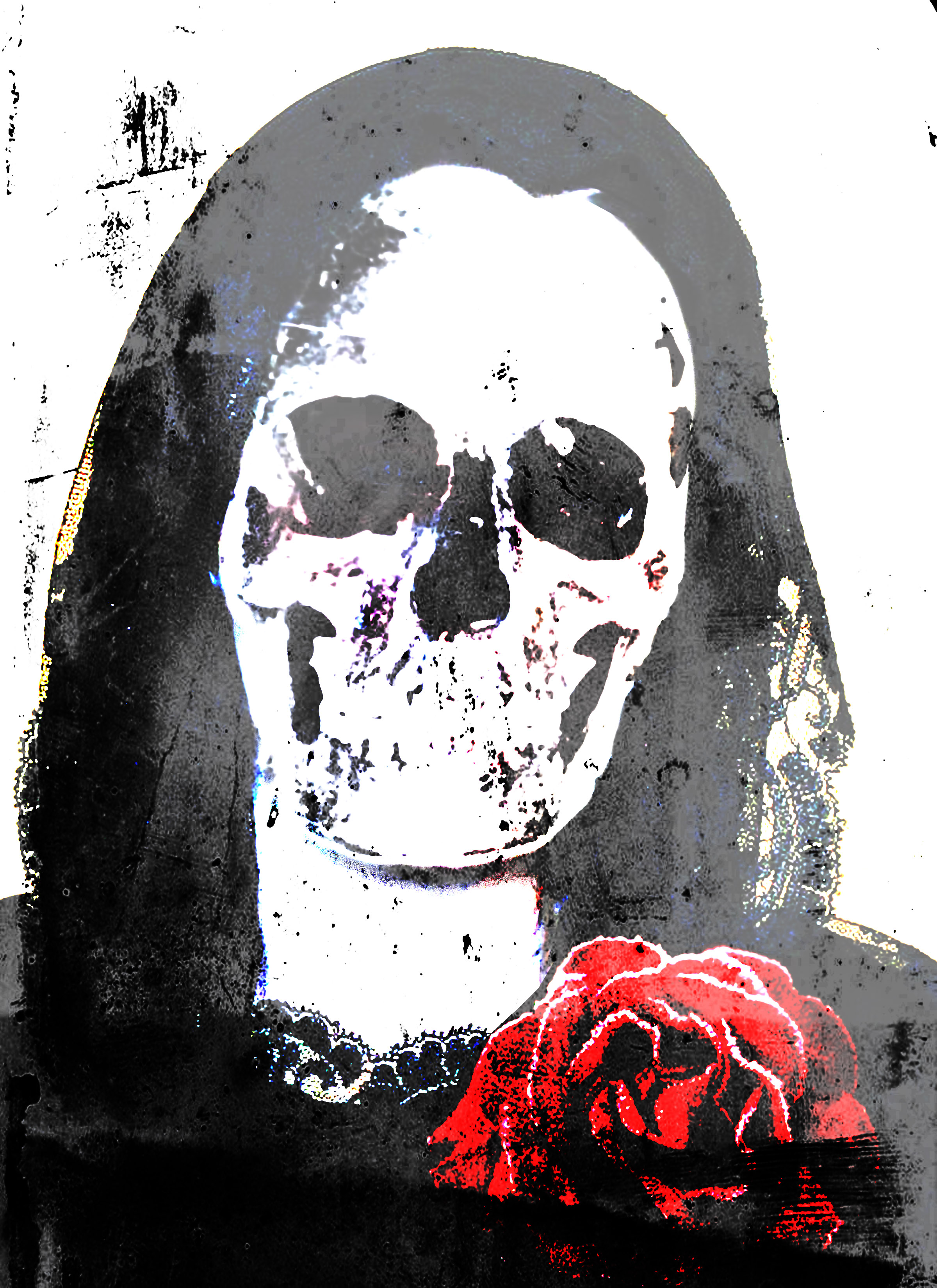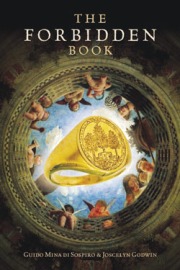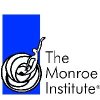
The term alchemy, as it is popularly used, has a fairly open meaning. When used by skeptics it usually relates to the legendary search to transmute lead into gold, when used by others of a less skeptical bent it often pertains to the use of allegorical models to explain spiritual truths. What is missed in these interpretations is the real meat of the matter, what were the alchemists actually doing?
Stories can outgrow themselves, they become more than they were ever intended to be. In the case of alchemy it has become less. Through changing fads and fashions in science we’ve come to focus on specialized parts of the whole. The way we understand science today, as a highly specialized, compartmentalized, and in some ways myopic endeavor, is quite different from science as it was understood even as recently as the late 19th century.
Eliphas Levi may not have been the most accurate scholar or diligent scientist, but his dedication to the Royal Art of alchemy is without question. In his work, Doctrine and Ritual of Transcendental Magic, Levi provides a description of the alchemical quest, the Vocatio Sol Aurum (Calling of the Golden Sun), that seems closer to the scientific focus of Newton than either the skeptics image of the Puffer, or the common interpretation of mere metaphor and allegory:
“The disciples of Hermes, before promising their adepts the elixir of long life or the powder of projection, counselled them to seek for the Philosophical Stone. What is this Stone, and why is it so called? The Great Initiator of the Christians invites his believers to build on the stone or rock, if they do not wish their structures to be demolished, He terms Himself the corner-stone, and says to the most faithful of His Apostles, “Thou art Peter (petrus), and upon this rock (petram) I will build My church.” This Stone, say the masters in Alchemy, is the true Salt of Philosophy…it is the foundation of absolute philosophy, it is supreme and immovable reason. Before even dreaming of the metallic work, we must be fixed for ever upon the absolute principles of wisdom; we must possess that reason which is the touchstone of truth. Never will a man of prejudices become the king of Nature and the master of transmutations.”
As pointed out in the New York Times piece, it was Newton’s study of alchemy that lead to his deep understanding of optics. Professor William Newman, of Indiana University, has spent nearly a decade studying Newton’s alchemical ideas and he is under the opinion that it was Newton’s quest for alchemical truths that lead to many of his surprising scientific discoveries.
What hit me when Peter drew attention to the fact that Newton was focused solely on science was that it’s obvious. All of the surprise over Newton’s alchemical endeavors is based on a complete misrepresentation of alchemy and a misunderstanding of science. Alchemy, as classically practiced, is the ultimate science. It’s practitioners do not pay lip service to the truth, or travel down paths dictated by their pleasures, whims or interests, they seek truth. Charlatans exist, so what? This takes nothing away from those who truly walk the path.
We’re surprised by this idea because science and commerce are so closely tied in our culture that we’ve come to think of organizations like pharmaceutical companies as scientific. They hire technicians seeking to turn lead into gold, not scientists who are seeking for truth. What we think of science today on the popular level is pure mechanism, and those we think of as scientists are mechanics, more often than not they aren’t even concerned with the craft of their mechanisms, just raw result.
Antonin Artaud addresses this in his preface to Theater and its Double:
“Never before, when it is life that is in question, has there been so much talk of civilization and culture. And there is a curious parallel between this generalized collapse of life at the root of our present demoralization and our concern for a culture which has never been coincident with life, which in fact has been devised to tyrannize life.
Before speaking further about culture, I must remark that the world is hungry and not concerned with culture, and that the attempt to orient toward culture thoughts turned only toward hunger is a purely artificial expedient.
What is more important, it seems to me, is not so much to defend a culture whose existence has never kept a man from going hungry, as to extract, from what is called culture, ideas whose compelling force is identical with that of hunger.
We need to live first of all: to believe in what makes us live and that something makes us live – to believe that whatever is produced from the mysterious depths of ourselves need not forever haunt us as an exclusively digestive concern.
I mean that if it is important for us to eat first of all, it is even more important for us for us not to waste in the sole concern for eating our simple power of being hungry.
If confusion is the sign of the times, I see at the root of this confusion a rupture between things and words, between things and ideas and signs that are their representation.”
By mocking the alchemist, and poking fun at Newton’s closet of supposed skeletons, we mask the fact that the real absurdity is our own understanding of science and progress, our complete dismissal of the true quest that has been written about since Gilgamesh was tooled onto a clay tablet.
 A truly viable social system is one that is eternal, perpetuum mobile, achieved through the quest for reality beyond opinion and preference. Mechanically this may not be possible, but what if we saw things in a different light?
A truly viable social system is one that is eternal, perpetuum mobile, achieved through the quest for reality beyond opinion and preference. Mechanically this may not be possible, but what if we saw things in a different light?
“Thus in divers things
They produce untold, precious fruit.
They perish never more,
And laugh at death.
By the grace of God they abide for ever…”

 “For debased souls religion is a yoke imposed, through self-interest, by the poltrooneries of fear and the follies of hope. For exalted souls religion is a force, springing from an intensified reliance in the love of humanity.
“For debased souls religion is a yoke imposed, through self-interest, by the poltrooneries of fear and the follies of hope. For exalted souls religion is a force, springing from an intensified reliance in the love of humanity.












